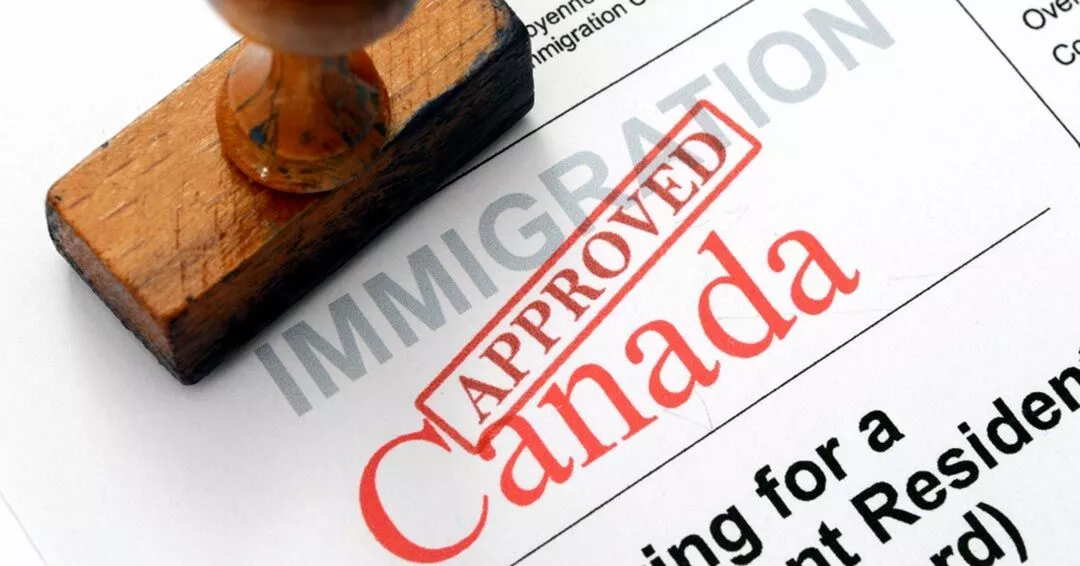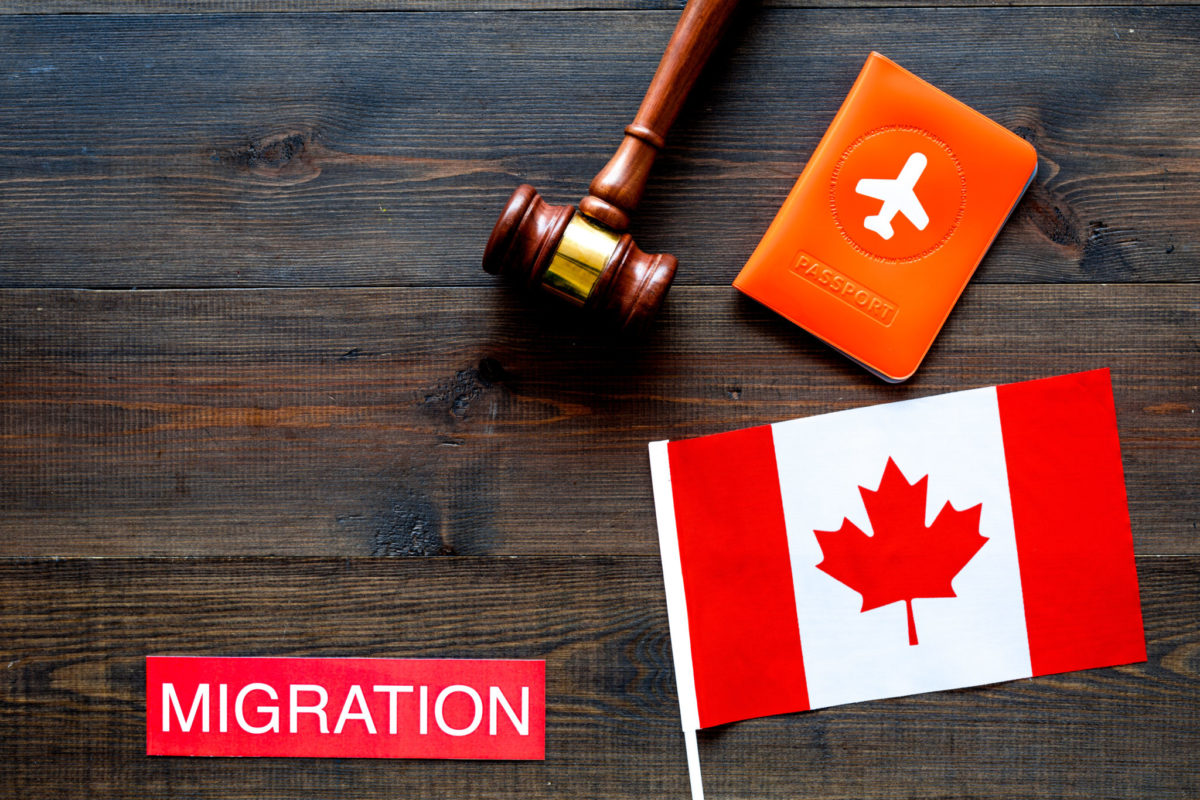Canada is a great country for studying, and it’s best engineering universities enroll a minimum of 15% of students every year.
If you’re still reading, I’m guessing you’re weighing your options on studying engineering in Canada, as a country ranked 3rd in the world for education, Canada has all the necessary facilities required to aid students throughout their course of study.
The workforce for engineering professionals is small, therefore the Canadian government began raising more engineering universities in Canada to train professionals.
According to the projection from Statistics Canada, every engineering sectors is tipped to expand by 2025 as a result of the ranking of these engineering universities in Canada.
There are 10 Canadian universities for students who wish to gain a reputable degree in engineering.
In this guide, we’d discuss the top 10 engineering universities in Canada, and our final top 10 is based on different factors like academic and employer reputation, research citations, and collaboration, among many others.
There’s no doubt that engineering and technology open doors to various career paths but this guide is specifically for students who’d prefer to stay and gain professional experience in Canada after their studies.
Engineering Universities in Canada
The following are our top 10 engineering universities in Canada (in no particular order), and they are:
University of Toronto
According to our ranking, this is the first engineering university and most reputable in Canada. Their faculty for engineering and technology is humongous with almost 8,000 students in the undergraduate and postgraduate levels cumulatively, spanning across 16 different campuses in Ontario.
As an undergraduate, you’re opportune to study any course in engineering, then at the graduate levels, students can concentrate on research and professional degrees in other engineering aspects.
SEE ALSO: Canada Permanent Residency Program for Essential Workers
University of Calgary
This school is located in Alberta, Canada. Their biggest advantage is offering the right undergraduate courses, this avails students with the opportunity to delve into highly specialized concentrations in different subjects such as Mechatronics, Petroleum Engineering, Chemical Engineering, and others. The principal goal of this institution centres on internationalization, and to have more female students across different faculties.
University of British Columbia
British Columbia is one of the engineering universities globally regarded as a global centre for research and engineering teaching. It was ranked as one of the 40 best engineering institutions in the world. The faculty for engineering in British Columbia university has 21 engineering courses for both undergraduate and postgraduate levels.
The University of British Columbia is lauded for its strength, and impact on key researches they have done as a top research university globally.
Mc Gill University
This engineering university is located in Quebec, with the school offering nine undergraduate courses, and also few diploma courses.
In this university, research has played an important role in various aspects of engineering education. Additionally, their faculty is dedicated to stimulating technological innovations.
Université de Montreal
This university is located in one of the metropolitan areas of Quebec. This institution provides francophone international students with over 650 undergraduate and postgraduate courses. It is also an engineering university in Canada, but it is also called Polytechnic Montréal.
University of Alberta
The University of Alberta is located in the city of Edmonton and provides over 400 courses in 18 faculties. The faculty of engineering and technology has about 4,400 undergraduates at the time of writing this guide. The faculty offers 21 engineering courses with foreign students making up nearly 17% of the undergraduate population and approximately 39% of the graduate population.
Queen’s University
Queen’s is one of the oldest Government research and engineering universities in Canada. It was founded in 1841 and located in Kingston, Ontario. Some of the characteristics that have brought great recognition to this institution is it’s old edifices, outstanding research programming, lively student life, etc.
Queens has severally been recognized for her excellence in carrying out research and lecturing under the Faculty of Engineering and Applied Science.
McMaster University
In the 2021 QS subject ranking, this school is ranked number eight. The Faculty of Engineering in this university is very extensive. There are seven core world-class departments with various engineering concentrations, due to the large size of the engineering Faculty it has been divided into two schools namely, The McMaster School of Biomedical Engineering, and The School of Engineering Practice and Technology.
University of Waterloo
Waterloo is ranked amongst the best 50 engineering and technology schools worldwide. The institution boasts of possessing the largest engineering institution in Canada with over 9,500 students who registered in 2016.
Through it’s use of various programs substituted with in-class education, this institution has made undergraduate students obtain more than two years of work experience for which they are being paid before they finish their course of study.
The University of Western Ontario
This university is also called the Western university, and it is situated in the suburban city of London, Ontario.
The University of Western Ontario is one of the most respected engineering universities in Canada, they’re known for carrying out various researches spanning different fields like neurosciences, health sciences, wind engineering, and many others.
We’ve outlined our top 10 engineering universities in Canada, but take note that this list was in no particular order.
If you’ve further questions in relation to our list of top 10 engineering universities in Canada, feel free to drop a message in the comment section.



